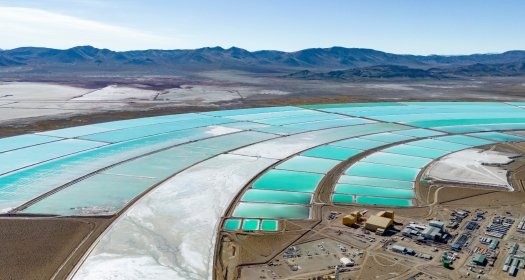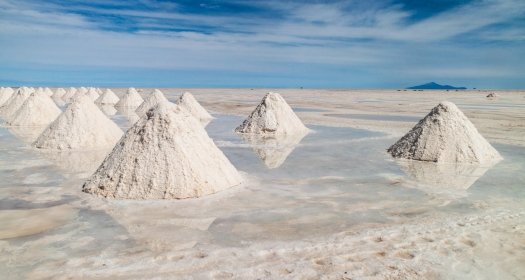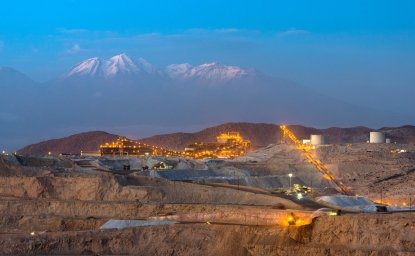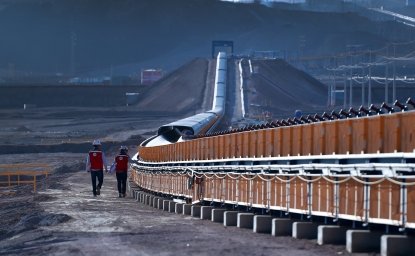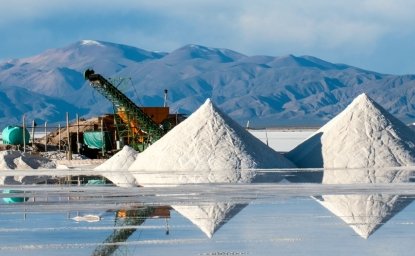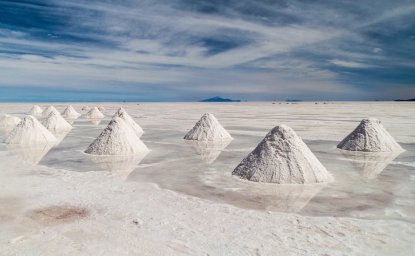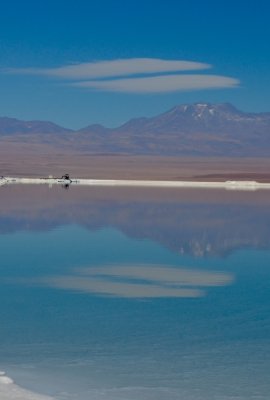Lithium Triangle Initiative
The Wilson Center's Latin American Program and the Inter-American Development Bank launched the Lithium Triangle Initiative to promote sustainable development through collaboration with the private sector and regional governments.

In a new report, the Wilson Center’s Latin America Program examines the region’s lithium industry, its role in regional economic development, and its importance to the global energy transition.
ReadIn this report, the Wilson Center’s Latin America Program examines the region’s enormous potential to supply the lithium needed to drive the global energy transition.
ReadWatch & Listen
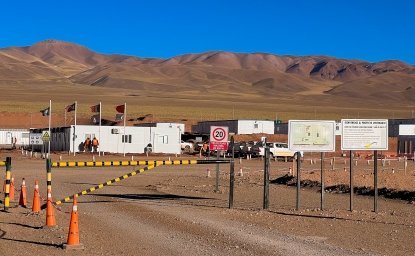
La carrera por el litio de Salta

South America’s Lithium and the Race to Go Green

La desconocida huella ambiental de producir litio en Argentina
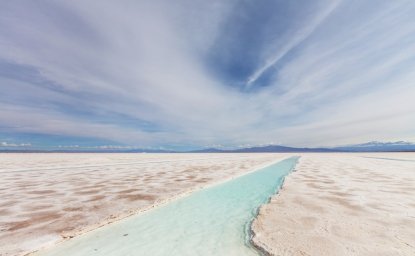
El ‘Oro Blanco’ de la Argentina
Publications
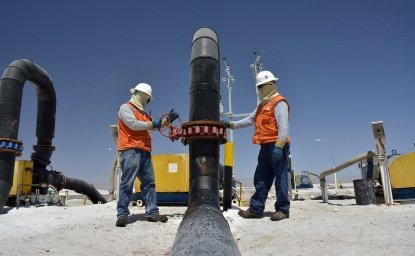
All Eyes on Chile amid Global Scramble for Lithium

Lithium Production in Chile and Argentina: Inverted Roles

Global opportunities for Argentina’s lithium industry
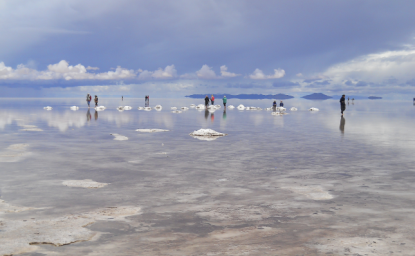
Bolivia and Lithium: Can slow and steady win the race?
See All Our Content
Explore more related to this collection

Latin America Program
The Wilson Center’s prestigious Latin America Program provides non-partisan expertise to a broad community of decision makers in the United States and Latin America on critical policy issues facing the Hemisphere. The Program provides insightful and actionable research for policymakers, private sector leaders, journalists, and public intellectuals in the United States and Latin America. To bridge the gap between scholarship and policy action, it fosters new inquiry, sponsors high-level public and private meetings among multiple stakeholders, and explores policy options to improve outcomes for citizens throughout the Americas. Drawing on the Wilson Center’s strength as the nation’s key non-partisan policy forum, the Program serves as a trusted source of analysis and a vital point of contact between the worlds of scholarship and action. Read more


Argentina Project
The Argentina Project is the premier institution for policy-relevant research on politics and economics in Argentina. Read more

